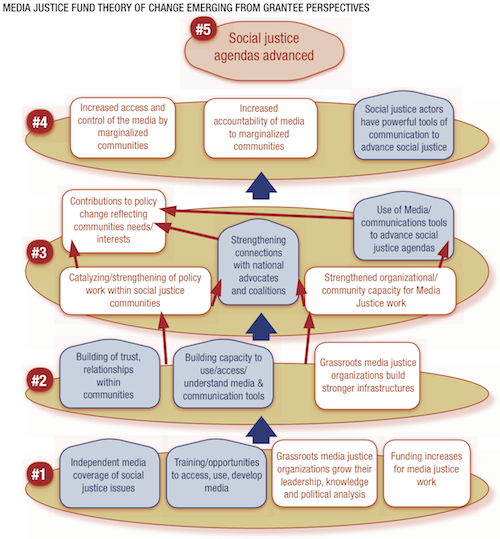evaluation
Volunteer Coordinator
Goal 1: Development of a volunteer training program. Recruit and coordinate volunteers for the facility.
Goal 2: Organize participant database for generating project reports. Select and interview participants for follow-up surveys and to gather sustainability statistics for further grant prospects.
Goal 3: Format and post complete course instruction and handouts for basic courses to the EDGE web page to provide reinforcement and practice materials for EDGE participants.
During her year of service, VISTA member Krissy Sinor has enabled the Edge CTC at the Springfield-Greene County Library to build a successful technology program for both youth and adults. The curriculum has continued to evolve and now includes nearly 100 different classes. The 3,900 participants during this time have been pleased with opportunities to attend training classes and programs that teach technology and information retrieval skills based upon their particular needs, interests, and skill level.
Krissy has developed a core of reliable volunteers for the EDGE. She also helped coordinate federal work study students from a local community college, CIS and CASL students working on collaborative projects, and workers/trainers from the American Association of Retired Persons Employment training program.
Krissy has done an excellent job overseeing the maintenance of the participant database and class evaluation database. She set up procedures to train volunteers to perform data entry and helped produce written procedures for ongoing reports. She also coordinated a project that allowed local university Service Learning students to perform telephone follow-up surveys for previous EDGE participants. This information will be included in future grant proposals.
The EDGE decided against a major effort to post course instruction and handouts for basic courses to the EDGE web page. Instead, Krissy helped with the creation and fine-tuning of written handouts that supported all EDGE classes. She also trained volunteers and work-study students to help with the creation, editing, and duplication process.
The EDGE database, containing demographic and statistical information on nearly 1400 participants will prove very valuable during future grant writing and fund raising efforts. The maintenance procedures created by Krissy will insure accurate input of future records.
Edlab Group/Puget Sound Center for Teaching, Learning and Technology
The EdLab Group (formerly the Puget Sound Center for Teaching, Learning and Technology (PSCTLT) is a private, non-profit center with funding from federal and state governments, private foundations, corporations, and individuals. Our mission is to leverage the power of technology and diversity to transform teaching and learning.
In furtherance of this mission, the EdLab Group has adopted three major strategic objectives:
New Tools for Teaching and Learning: Optimize the performance of educators and other professionals by creating innovative methods and materials and helping others to use them.
Equity: Provide programs and support that address the achievement gap in science, technology, engineering, and mathematics (STEM).
Evaluation: Provide evaluation services to empower programs and organizations to more effectively reach their outcomes and goals.
Enterprise 2.0
Attend the Enterprise 2.0 Conference to learn how collaborative technologies can accelerate information flow and drive revenue.
The way we work is changing rapidly, offering an enormous competitive advantage to those who embrace the new tools that enable contextual, agile and simplified information exchange and collaboration to distributed workforces and networks of partners and customers.
Introducing our BTOP Evaluation Assistance Initiative
The Transmission Project Project is happy to announce a new initiative, the BTOP Evaluation Assistance Initiative, in support of Round 1 recipients and Round 2 applicants to increase the capacity of non-profits to evaluate the efforts of their BTOP projects.
Honesty is such a lonely word
At the Transmission Project, you hear us talking about the concept of honest practice rather than best practice. We believe it is equally, if not more, instrcuctive to examine more than what worked. We want to know about surprises, the unexpected, even the failures.
I perked up when, in my RSS reader, I spotted this in a recent post at Museum 2.0:
What’s the best way to share information about your experiments–what worked and what didn’t? Publish.
- « first
- ‹ previous
- 1
- 2
- 3
- 4

